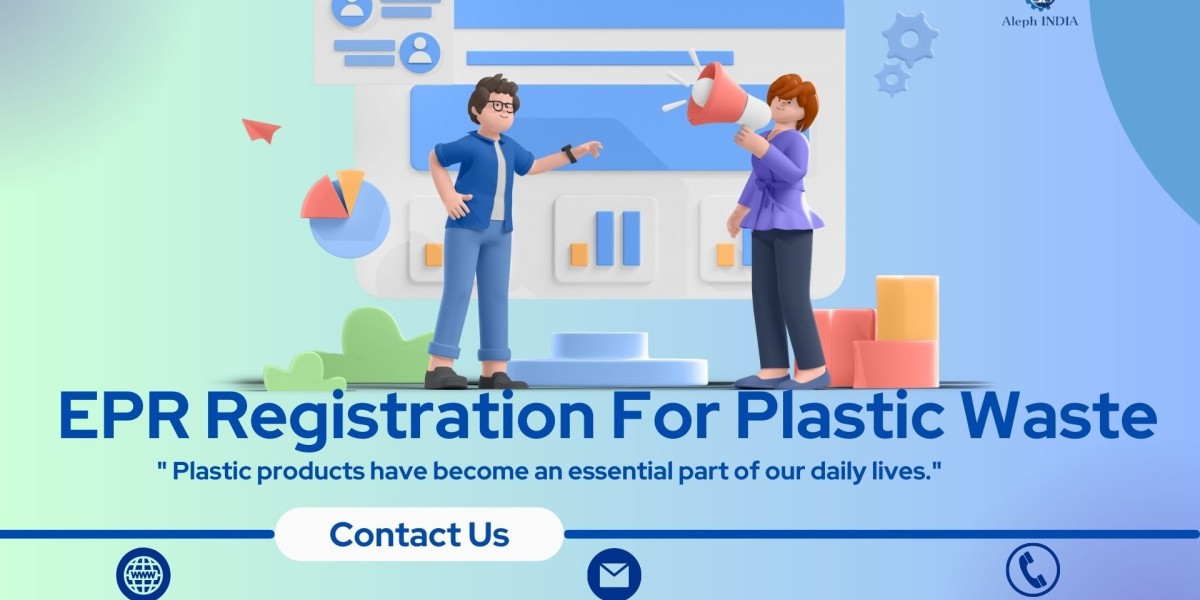Plastic waste management has become a pressing global issue, demanding immediate attention and effective solutions. In India, the Extended Producer Responsibility (EPR) regime was introduced as a crucial step towards ensuring responsible handling and disposal of plastic packaging waste. The EPR framework places the responsibility on producers, importers, and brand owners to manage the life cycle of their plastic products, including recycling, re-use, or proper end-of-life disposal. To streamline the implementation of EPR, the Ministry of Environment, Forest and Climate Change in India has mandated the registration of these entities on the centralized EPR portal developed by the Central Pollution Control Board (CPCB).
Entities Required to EPR Registration For Plastic Waste
The EPR registration process on the centralized EPR portal applies to the following entities:
Producer: Manufacturers of plastic products or packaging materials are obligated to register for EPR certification. This includes entities involved in the production of plastic items and packaging materials, irrespective of their scale of operation.
Importer: Importers of plastic products or packaging materials are also required to register for EPR certification. This ensures that even imported plastic items are subject to responsible waste management practices.
Brand Owner: Companies or individuals owning the brand under which the plastic products or packaging materials are marketed are responsible for EPR registration. Brand owners play a critical role in ensuring the proper disposal and management of their branded plastic items.
Plastic Waste Processor: Entities engaged in the processing of plastic waste, including recycling, waste-to-energy conversion, waste-to-oil processes, and industrial composting, are mandated to register for EPR certification. These processors play a pivotal role in ensuring the sustainable handling and treatment of plastic waste.
Responsibilities of Producers, Importers, Brand Owners, and Plastic Waste Processors
Under the EPR regime, the registered entities have several responsibilities to fulfill:
Proper Waste Management: Producers, importers, and brand owners must take responsibility for the effective management of their plastic packaging waste. This includes implementing recycling, re-use, and appropriate end-of-life disposal methods such as co-processing, waste-to-energy, plastic-to-oil, roadmaking, or industrial composting.
Compliance with Guidelines: Registered entities are required to adhere to the Guidelines on Extended Producer Responsibility for Plastic Packaging, as notified in the Plastic Waste Management Rules, 2016. These guidelines provide a framework for sustainable plastic waste management practices.
Reporting and Documentation: EPR registrants must maintain proper records, submit regular reports, and document their waste management activities. This ensures transparency and accountability in the handling and treatment of plastic waste.
Benefits of EPR Registration
The EPR registration process offers several benefits to both the environment and the registered entities:
Environmental Conservation: By implementing effective waste management practices, EPR registration contributes to the conservation of the environment, reducing the harmful impact of plastic waste on ecosystems and natural resources.
Compliance with Regulations: EPR registration ensures compliance with the Plastic Waste Management Rules and relevant guidelines, enabling businesses to operate within the legal framework and avoid penalties or legal consequences.
Sustainable Brand Image: Demonstrating a commitment to responsible waste management enhances the brand image of registered entities. Aleph India is a leading consulting and certification firm based in India that provides a range of services related to product certification, testing, and inspection.








